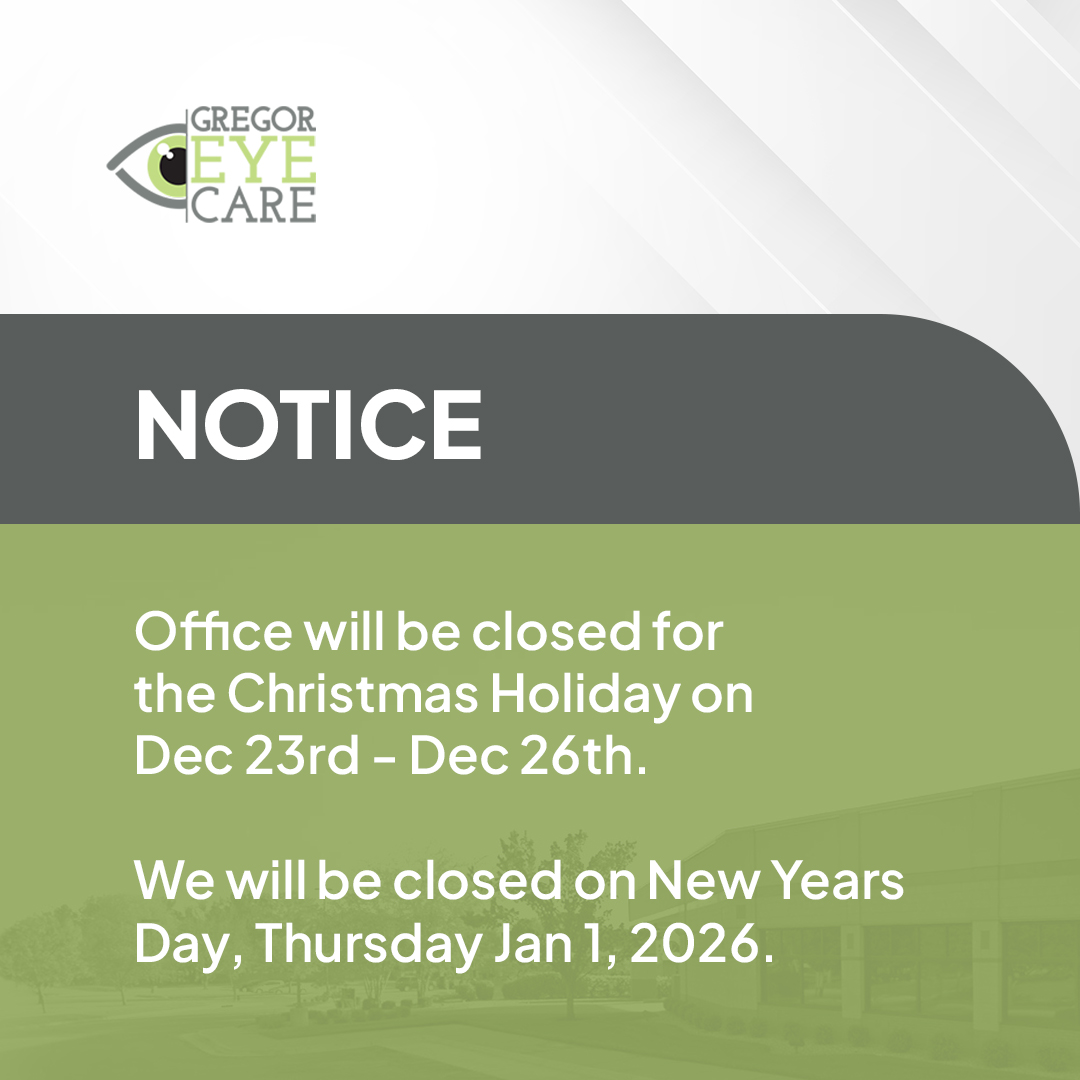
Dry eye syndrome is a prevalent condition characterized by insufficient lubrication of the eyes. It can result in discomfort and potential eye damage. It can manifest as temporary or chronic, depending on various factors.
When tear glands fail to produce enough tears or the tears evaporate too rapidly, dry eye syndrome may develop. Here are the causes, forms, symptoms, and available treatment options for dry eye syndrome.
The Importance of Tears
Tears play a critical role in maintaining optimal eye health. They keep the eyes clean and lubricated and contribute to clear vision by refracting light effectively. When dry eye syndrome affects tear production and quality, it can lead to a burning sensation in the eyes and other symptoms. The condition presents in two primary forms: tear insufficiency and tear instability.
Tear Insufficiency
Every time you blink, a new layer of tears is spread across the eyes' surface by the eyelids. An adequate volume of tears must be produced to sustain this process throughout the day. The aqueous layer is responsible for providing the necessary volume for efficient lubrication. When the production of this layer is insufficient, the quantity of tears is reduced. It results in dryness and discomfort.
Tear Instability
The tear film consists of three main layers: the oily or lipid layer, the water or aqueous layer, and the mucus or mucin layer. Each layer plays a specific role in maintaining the functionality of the tear film. When the lipid layer is affected, it can lead to rapid evaporation of the tear film, exposing and drying the eyes. This tear film instability can cause inflammation and surface damage.
Mixed Dry Eye Syndrome
In some individuals, dry eye syndrome can be a combination of tear insufficiency and tear instability. This indicates both insufficient tear production and instability within the tear film. The symptoms from both conditions may coexist, intensifying the discomfort.
Common Symptoms of Dry Eye Syndrome
Dry eye syndrome can manifest through various symptoms, including:
Scratchy, burning, or stinging sensation in the eyes
Heightened sensitivity to light
Difficulty driving at night
Eye fatigue or blurry vision
Discomfort or challenges with wearing contact lenses
Redness in the eyes
Stringy mucus around the eyes
Excessive tearing or watery eyes
Treatment Options for Dry Eye Syndrome
Various treatment approaches can be explored when seeking relief from dry eye syndrome. Known natural remedies and lifestyle modifications include:
Shielding your eyes from windy environments
Taking breaks and frequently blinking, especially during prolonged screen time
Maintaining a balanced diet to support overall eye health
For more advanced treatment options, the following procedures are available:
LipiFlow®
LipiFlow® has rapidly emerged as a standard treatment for evaporative dry eye. This is due to its remarkable effectiveness. This noninvasive procedure offers quick and efficient relief, each session lasting just a few minutes. Patients typically experience noticeable improvements after a few treatment sessions.
Intense Pulsed Light (IPL)
In treating evaporative dry eye and its common comorbid condition, rosacea, IPL has emerged as a promising option. IPL demonstrates considerable effectiveness in addressing these conditions. By targeting oxyhemoglobin, the light energy is absorbed, generating heat that aids in meibomian gland expression.
For more on the causes, symptoms, and effective remedies of dry eye syndrome, visit Gregor Eye Care at our office in Overland Park, Kansas. Call (913) 685-0212 to book an appointment today.









